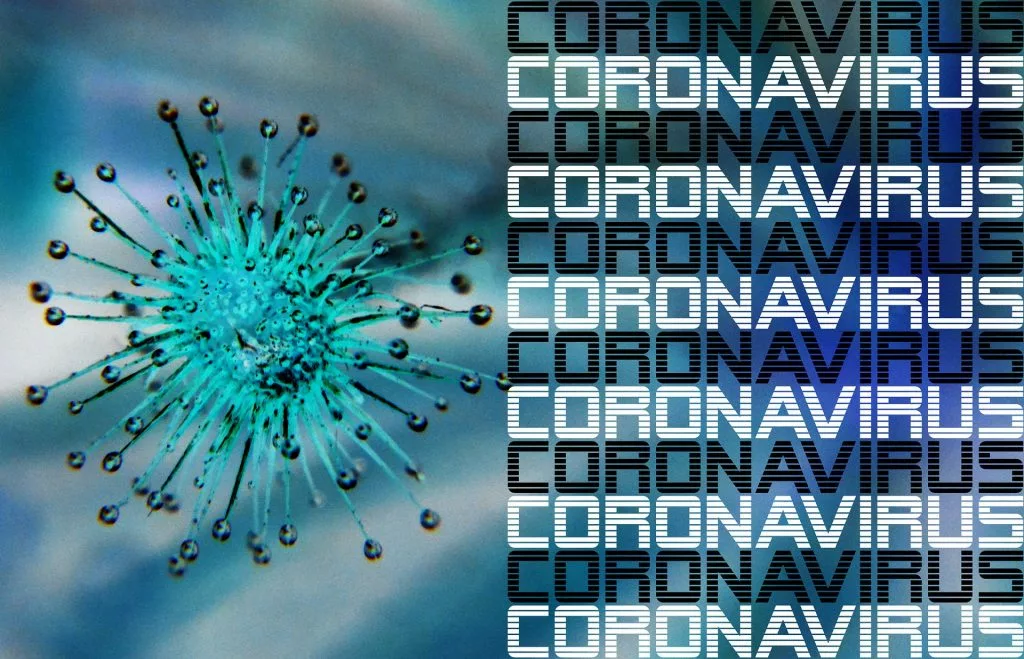
Over 400 long-term care facilities have been hit with coronavirus, and that number will likely continue to rise. According to a report by NBC News released March 30th, the number of long-term care facilities that have residents infected with coronavirus increased 172% in just one week. Most of these facilities are in New York, New Jersey, Washington, and California, states that make up one-seventh of the national population. But, it’s anticipated that there will be a rapid increase in cases in long-term care facilities throughout the country. Further, the number of cases within each facility continues to rise. For instance, one Maryland facility alone reported 66 cases.
Most concerning, though, is an unwillingness to disclose which facilities have been hit with coronavirus. Even though facilities are releasing data about the number of cases, federal and state officials have not named the facilities. For instance, the Center for Disease Control declined to name the facilities, claiming that the agency does not collect facility names. Additionally, in New York, where the highest number of facilities have been hit, the New York State Department of Health refused to name the 155 affected facilities statewide because of patient confidentiality. Illinois state health officials do not identify facilities with cases for the same reason. The federal government requires long-term care facilities to notify a sick resident’s family of any illness but does not require facilities to provide notification to relatives of other residents. That leaves it up to the facilities themselves whether to communicate with all residents’ families about cases within the facility.
A failure to communicate with the family of potentially affected residents is concerning. Since nursing home and long-term care facility residents tend to be older and suffer from long-term conditions, they are already at a higher risk than the general population. Many facilities also have residents living or interacting in close quarters on a daily basis, compounding the risk to residents. Additionally, coronavirus is already a recognized stressor and a potential cause of anxiety. This failure to disclose which facilities have been affected can add anxiety to the families of residents concerned about their loved ones.
The American Health Care Association (AHCA), a long-term care industry trade group, gave a statement regarding what facilities and family members should be doing at this time: “We’ve encouraged facilities and family members to make sure they have the most updated emergency contact information, and we encourage facilities to continue to keep loved ones updated about residents and the entire facility.” Because each facility has different internal protocols, AHCA has not recommended how to keep loved ones updated. Regardless, it’s not clear whether nursing homes and other long-term care facilities have taken this advice to heart.
In this time of crisis and uncertainty, long-term care facilities should be communicating more, not less, with family members of residents potentially affected by coronavirus. If your loved one has acquired a serious infection, including COVID-19, while residing in a long term care facility, our Naperville based law firm can help. Call the dedicated nursing home attorneys here at The Collins Law Firm for a FREE nursing home negligence consultation at (630) 527-1595.
Blog written by Dayna Smith.

"*" indicates required fields